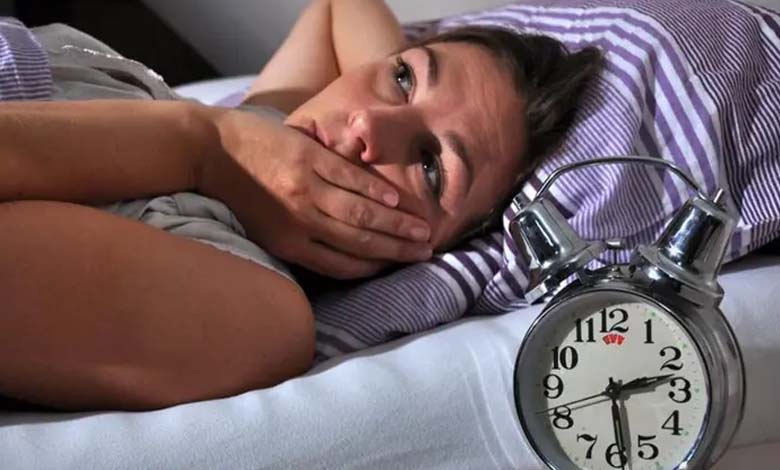Late Sleep and Depression: How Staying Up at Night Affects Mental Health

A modern habit with hidden consequences
In our fast-paced digital age, where screens dominate our daily lives and routines become increasingly flexible, sleep often becomes the first sacrifice. More and more people are going to bed later—whether due to work, entertainment, or habit. However, this growing trend of delayed sleep has deeper consequences than we might think. Recent scientific studies have shown a strong connection between late sleeping patterns and the development of psychological disorders, especially depression. This emerging link is a warning sign for mental health experts and highlights a subtle but powerful influence: the disruption of our internal biological clock.
The connection between circadian rhythms and emotional health
Our brain operates according to a circadian rhythm—a natural 24-hour cycle that regulates when we feel awake and when we feel sleepy. When this cycle is consistently disrupted by late bedtimes, our brain’s neurochemical balance can be thrown off. The production of key hormones like melatonin (which induces sleep) and serotonin (which affects mood) may be delayed or diminished. As a result, individuals may suffer from poor-quality sleep, lingering fatigue, and a general decline in mood. Research has found that those who habitually stay up late are at significantly higher risk of experiencing depressive symptoms.
Digital habits fueling sleep disruption
Electronic devices such as smartphones, tablets, and computers emit blue light, which interferes with melatonin production and delays the onset of sleep. Add to this the addictive nature of social media scrolling, binge-watching TV shows, or engaging in late-night chats, and you have a perfect recipe for sleep deprivation. These mentally stimulating activities keep the brain in a heightened state, preventing the natural wind-down process needed for restful sleep. Over time, this constant stimulation can increase anxiety, nighttime overthinking, and emotional instability—all of which are closely linked to depression.
Long-term psychological effects of staying up late
The effects of chronic late-night habits go far beyond morning grogginess. In the long term, individuals may experience cognitive impairment, poor concentration, irritability, and a pervasive sense of sadness or hopelessness. Studies suggest that night owls are more prone to suicidal ideation, social withdrawal, and lower self-esteem. Moreover, the social disconnection caused by a misaligned sleep schedule (such as waking up when others are already active) can deepen feelings of loneliness and reinforce depressive thinking.
Reclaiming sleep for better mental health
Reestablishing a healthy sleep pattern is entirely achievable with conscious changes. Setting a consistent bedtime, reducing screen exposure at least one hour before sleep, engaging in calming activities like reading or meditation, and creating a restful sleep environment (dark, quiet, and cool) can all help reset the body’s clock. For those struggling with persistent sleep issues, seeking help from a mental health or sleep specialist is important. Sleep is not a luxury—it’s a biological and psychological necessity. By respecting our internal rhythms, we promote emotional balance, mental clarity, and overall well-being.












